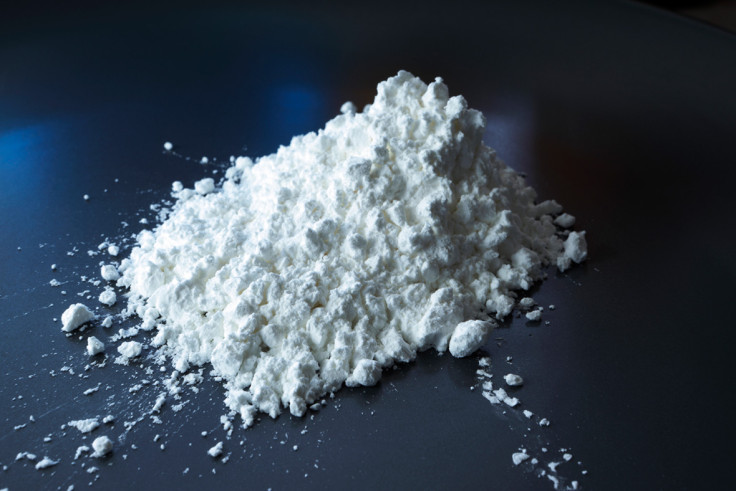Rat fathers pass on cocaine addiction to their babies
Epigenetic changes may contribute to the heritability of tendencies to develop drug addictions.

Male rats are more likely to develop an addiction to cocaine if their father showed a high motivation to seek cocaine, a study has shown. These findings bring further evidence that addictive behaviours may be heritable.
Multiple family, twin and adoption studies have shown that heritability estimates for cocaine use disorders range from 50 to 60%. To date, this high heritability has been largely attributed to, but not fully explained by variations in the genome.
In recent years, a growing amount of evidence has indicated that ancestral environmental and behavioural perturbations trigger epigenetic changes (see box) which can lead to the development of addictive behaviours in offspring.
In the study now published in the journal Animal Behaviour and Neuroscience, the researchers have investigated this issue, showing that cocaine-seeking behaviour is associated with epigenetic changes, which may then contribute to the heritability of tendencies to develop drug addictions.
"We hypothesised that being addicted to drugs may promote epigenetic adaptation to drug reward, resulting in an increased vulnerability to addiction in subsequent generations," lead author Lan Ma from Fudan University (China) told IBTimes UK.
What does "epigenetics" mean?
The definition of what we mean by epigenetics remains controversial. However, the term has evolved to include any process that alters gene activity without changing DNA sequences. Epigenetic changes are changes that can be transmitted to offspring.
Getting a cocaine injection
The scientists trained male rats to acquire injections of cocaine by pressing a lever. In order to evaluate their motivation to seek cocaine, a growing number of lever presses was required each time for the rats to earn a unit of injection. The number of lever presses at which they ceased to press the lever was recorded to determine the rat's motivation to seek cocaine.
The researchers then separated the animals into two groups – one with the rats who had displayed a high cocaine-seeking motivation and the other with those animals who had shown a low-seeking cocaine motivation.
They then looked at their offspring's attitudes to cocaine and found that those whose fathers' had had high cocaine-seeking motivation appeared to have a greater chance of becoming addicted to cocaine.
To learn more about how attitudes to cocaine were passed on from fathers to offspring, the scientists then analysed the animals' sperm. They identified differences in sites of DNA methylation - a form of epigenetic regulation of gene expression - between high cocaine-seeking rats and low cocaine-seeking rats.
Some of these epigenetic changes were maintained in offspring, potentially explaining their addictive behaviours.
"Our results, to some extent, are in accordance with human epidemiological studies, and suggest that highly motivated drug seeking experience may increase the risk of drug addiction in descendants. But since all experiments were performed in rats, the data should be interpreted cautiously and cannot be generalised to human at this point," Lan Ma said.
The study also raises the question of whether this phenomenon is limited to cocaine or if it extends to other substances and the scientists are currently conducting similar experiments with other substances of abuse, including heroin, to find out.
© Copyright IBTimes 2025. All rights reserved.






















